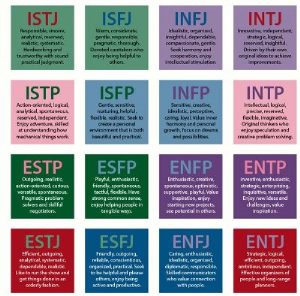The future of the workplace is one of the big question marks at this time. Plenty of people write and contribute on this topic. In a series of posts we will explore some of those thoughts. First, on the basis of this Capitalogix blog post ‘The Rise Of Remote Work‘, let’s just observe how prevalent remote work is becoming.

This post – based on US data – shows that after the pandemic-driven transformation, remote work is appreciated by people and particularly in some industries, software & IT being of course the main adopter.
The shift in how people work is translating in what is called “the great resignation” with many people moving out of more traditional employment and changing industry. This excellent Atlantic article dated October 2021 ‘The Great Resignation Is Accelerating‘ provides data on this historical migration and changes in worker expectations. This affects in particular the hospitality industry (hotels and restaurants), but also many other industries.
I love however the conclusion of the post: “The culture of work is in a massive period of transformation. Regardless of where your specific company or industry ends up, all businesses will have to increase the amount of employee care they provide. Just as the heart of AI is still human, so is the heart of our businesses.” The point is that employee expectations about life quality has risen, and organizations have to adapt.
The Covid crisis has unexpected effects on the employment market. It is certainly only an acceleration of existing trends. Still, it will require a lot of adaptation capability for organizations.











